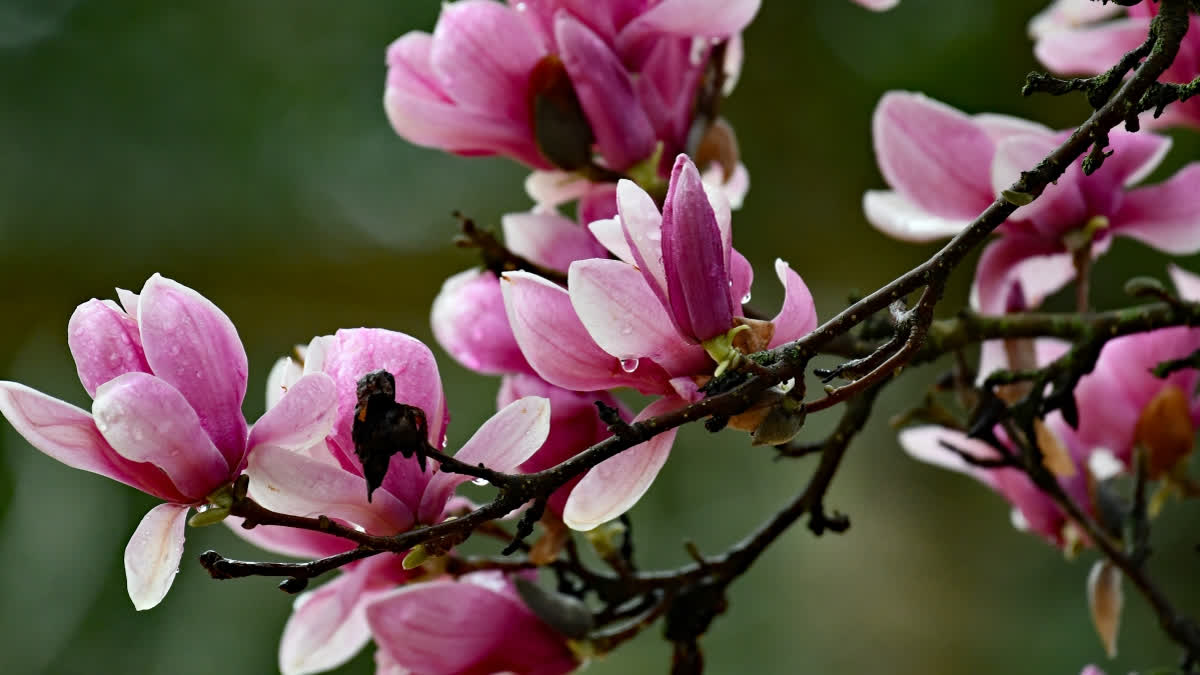New Delhi: A compound found in the bark of magnolia tree inhibits reproduction of the SARS-CoV-2 virus, which causes COVID-19, in several types of cells, and may be effective against future coronaviruses, according to a study. The researchers found that the compound called honokiol caused the production of infectious SARS-CoV-2 viral particles in treated cells to fall to around 1,000th of the previous level.
The research, published in the journal Microbiology Spectrum, also shows that the compound inhibited replication of other highly pathogenic human coronaviruses, including Middle East respiratory syndrome (MERS) and Severe acute respiratory syndrome (SARS). "This suggests that it has a broad spectrum of activity and would likely also inhibit novel coronaviruses that might emerge in the future," said Martijn J. van Hemert, Associate Professor at Leiden University in The Netherlands.
"If honokiol can be developed into a drug, possibly in combination with other compounds, stockpiling it would help us to increase our preparedness for the emergence of the next coronavirus," said van Hemert. Broad-spectrum drugs could then be used to treat early patients and prevent spread, or they could be used prophylactically among healthcare workers, and in high-risk groups, such as among nursing home residents, the researchers said.
